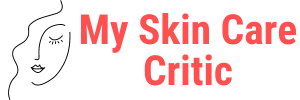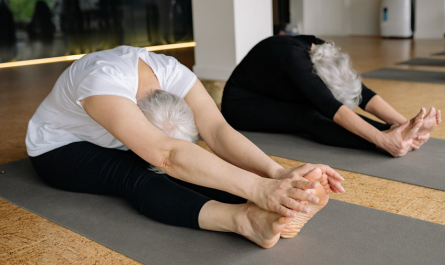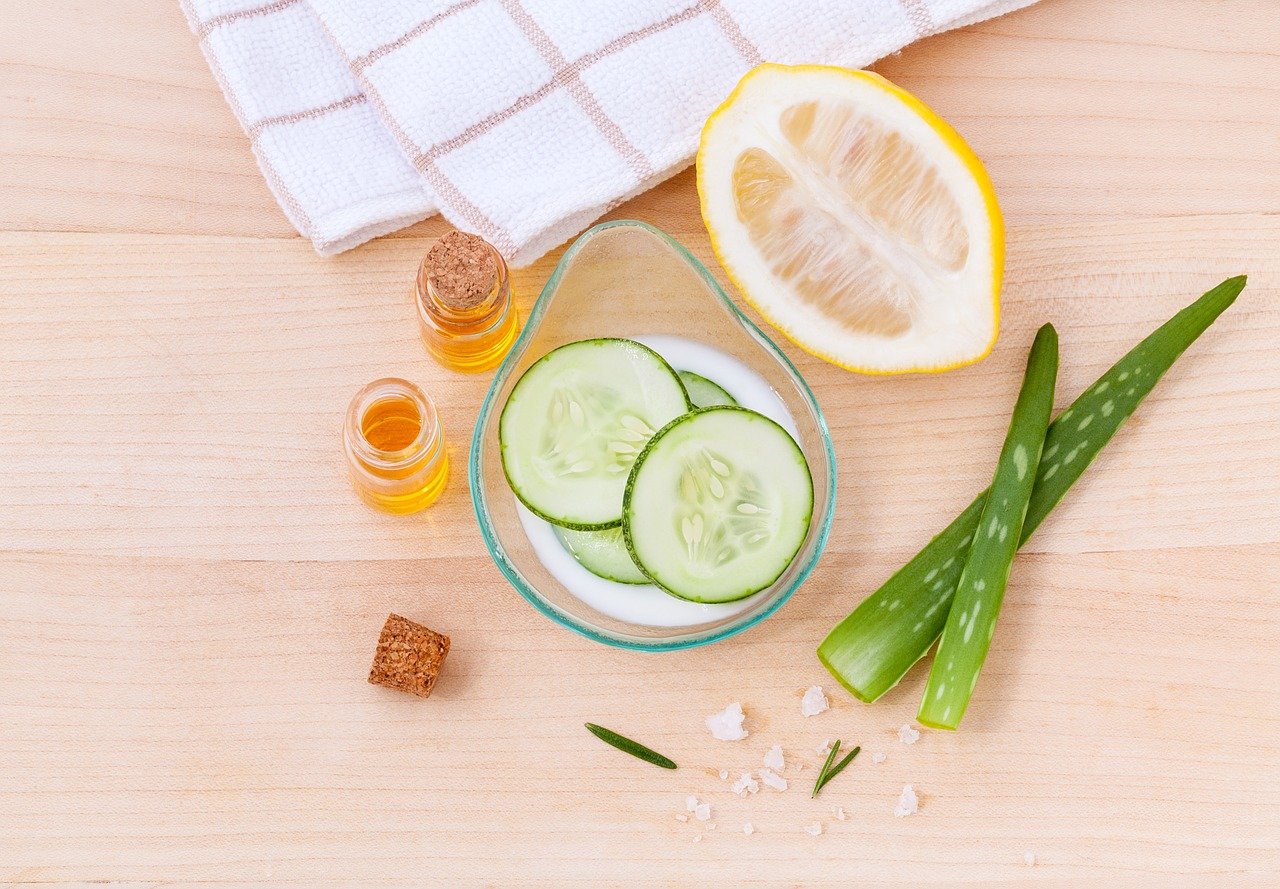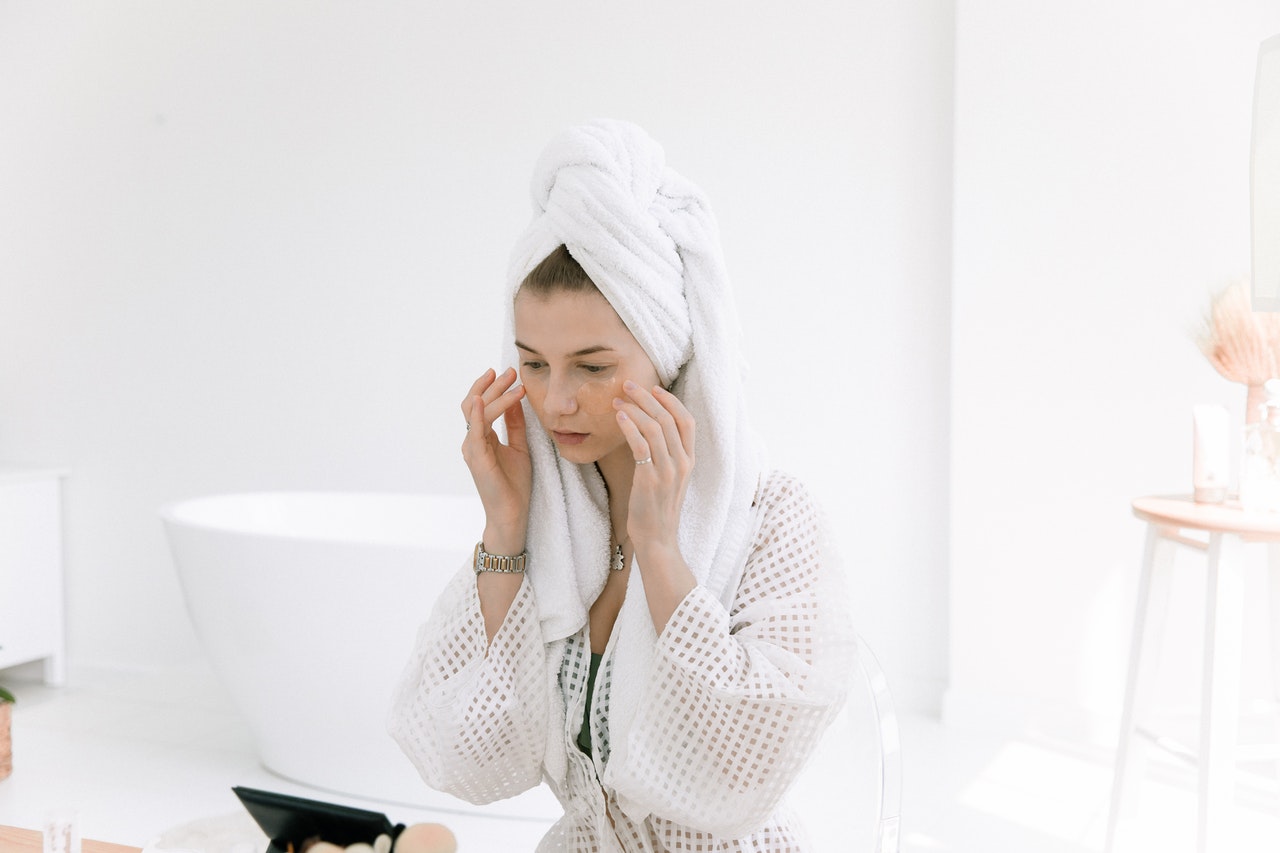As we age, our bodies undergo various changes, and one area that demands particular attention is skin health.
The aging process impacts the skin in numerous ways, often leading to increased dryness, fine lines, and a loss of elasticity.
Amidst these changes, the role of hydration emerges as a crucial factor in maintaining senior skin health. In the following, we look at the significance of hydration and its effects on aging skin.
Understanding the Aging Skin’s Hydration Needs
The skin is the body’s largest organ, serving as a protective barrier against external elements. With age, the skin undergoes several alterations that contribute to decreased hydration levels.
Reduced oil production, a thinner epidermal layer, and a compromised barrier function make older adults more prone to dryness and moisture loss.
Understanding these age-related changes highlights the importance of prioritizing hydration as a fundamental aspect of skincare as we get older.
Impact of Dehydration on Aging Skin
Dehydration poses a multifaceted challenge to skin health as we age. Beyond the obvious discomfort of dry and flaky skin, inadequate hydration can exacerbate existing skin conditions, lead to increased sensitivity, and contribute to the development of fine lines and wrinkles.
Moreover, dehydrated skin is more prone to inflammation and may struggle to recover from external environmental stressors, making it essential for older adults to address hydration as a core element of their skincare routine.
Moisturization: The Cornerstone of Skincare as We Age
Moisturization stands as the cornerstone of any effective skincare routine for older adults. Choosing the right moisturizer helps tremendously, and seniors should opt for products with appropriate hydrating ingredients such as hyaluronic acid, glycerin, and ceramides.
These components not only replenish the skin’s moisture content but also support the restoration of the skin’s natural barrier function.
Regular application of a quality moisturizer helps combat dryness, promoting a smoother and more supple complexion.
External Factors Affecting Skin Hydration in Older Adults
Several external factors can contribute to the dehydration of aging skin. Environmental elements like harsh weather conditions, central heating, and air conditioning can sap the skin of its moisture.
Older adults should take proactive measures, such as using humidifiers, particularly in dry climates, to counteract these external factors and maintain a more conducive environment for skin hydration.
Internal Factors: Nutrition and Hydration from Within
Hydration isn’t only a topical concern; it also relies on internal factors such as nutrition and fluid intake.
Older adults should prioritize a well-balanced diet rich in fruits and vegetables, as they provide essential vitamins and antioxidants that support skin health.
Additionally, staying adequately hydrated by consuming an ample amount of water throughout the day is crucial for maintaining overall skin suppleness.
Hydration and Medication Considerations
Certain medications commonly prescribed to older adults may have side effects that impact hydration levels.
Diuretics, for example, can increase urine production, leading to a higher risk of dehydration. Seniors should be mindful of the potential effects of their medications on skin health and take additional steps, such as increasing fluid intake, to counteract any negative impact.
Practical Tips for Hydrating Skin in Older Adults
Regular Water Intake
It is important to make a habit of drinking water consistently throughout the day. Carry a reusable water bottle to ensure hydration is easily accessible.
Humidification
Use humidifiers in living spaces, especially during the winter and dry months, to maintain optimal humidity levels and prevent excessive moisture loss from the skin.
Hydrating Foods
Include hydrating foods in the diet, such as water-rich fruits (watermelon, cucumber) and vegetables (celery, lettuce), to complement external skincare efforts.
Limiting Hot Showers
While enjoyable, hot showers can strip the skin of its natural oils. Older adults should opt for warm, shorter showers to minimize moisture loss.
Choosing Hydrating Skincare Products
Select skincare products that prioritize hydration, incorporating ingredients like hyaluronic acid, which attracts and retains moisture.
Professional Guidance: Dermatologist Consultations
For older adults facing persistent skin dehydration or specific skin concerns, consulting with a dermatologist is invaluable.
Dermatologists can provide personalized recommendations, address any underlying skin conditions, and offer guidance on effective skincare routines tailored to individual needs.
The role of hydration in maintaining good skin health as we age cannot be overstated. Prioritizing moisturization, both topically and internally, is essential for mitigating the challenges posed by aging skin.
By adopting practical tips and seeking professional guidance when needed, we can embrace a holistic approach to skincare that fosters hydration, ensuring our skin remains resilient, comfortable, and radiant as we go through the aging process.




